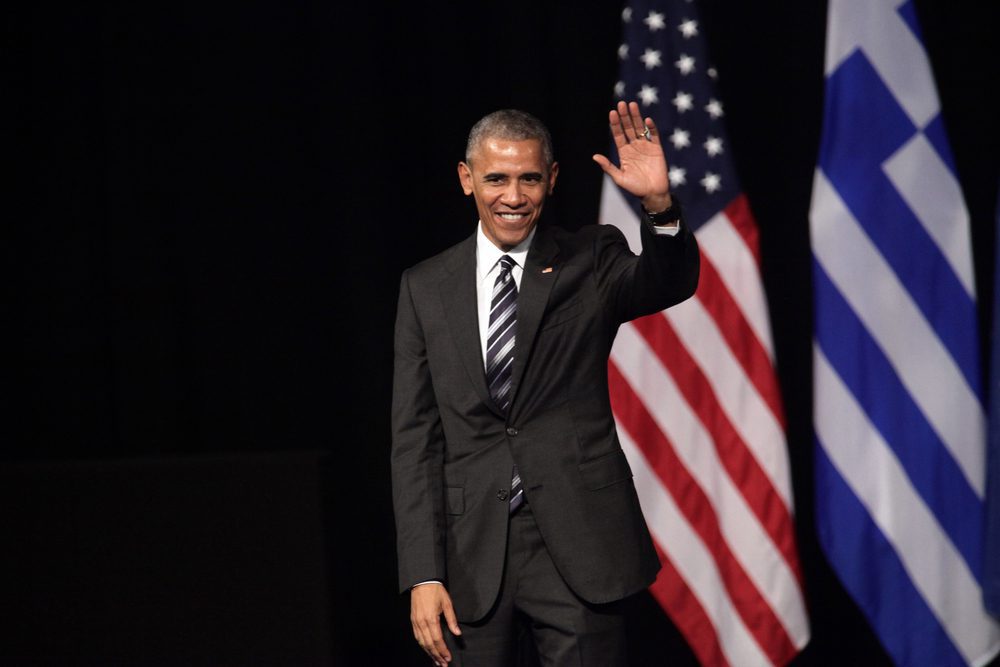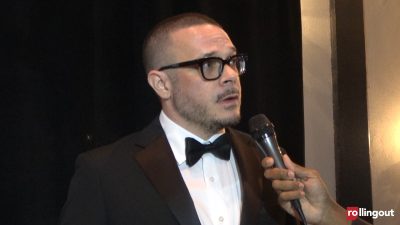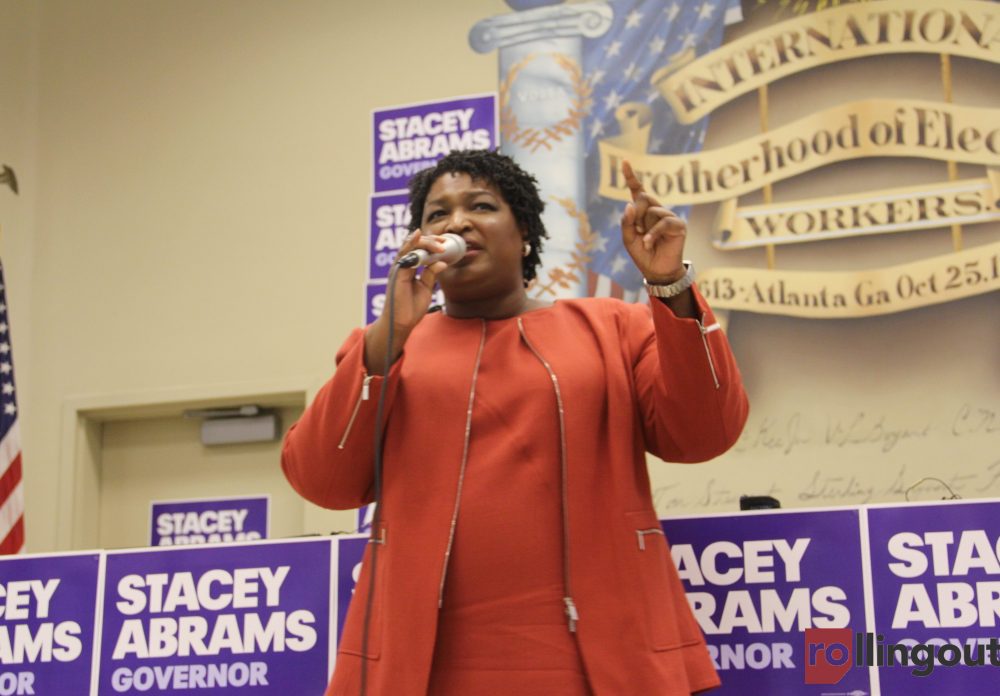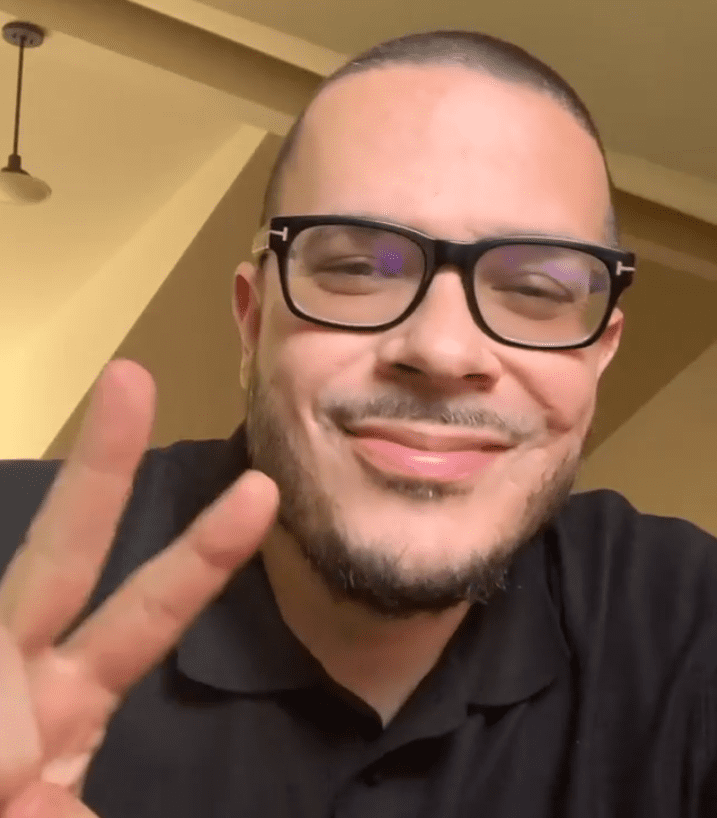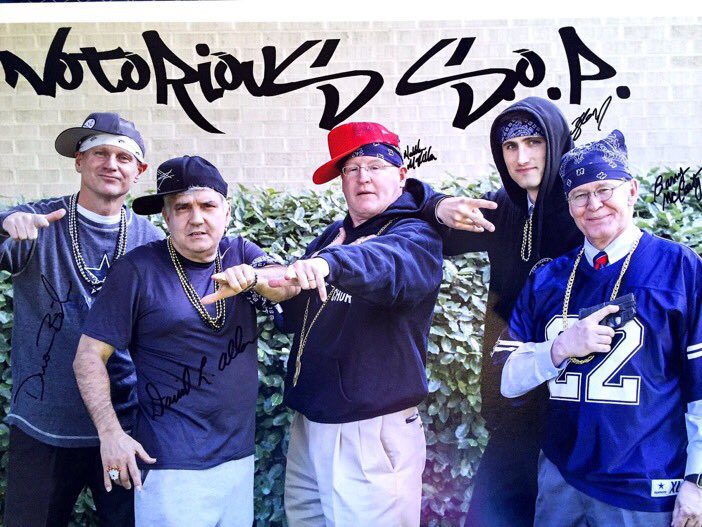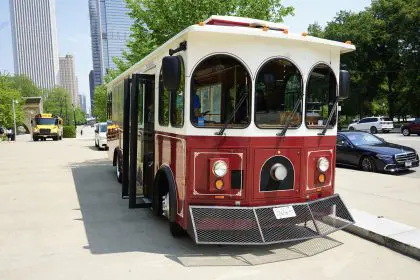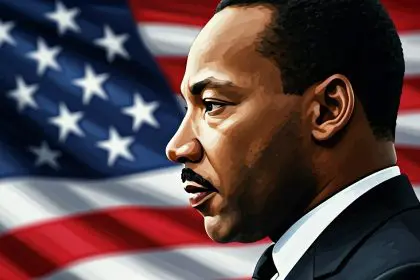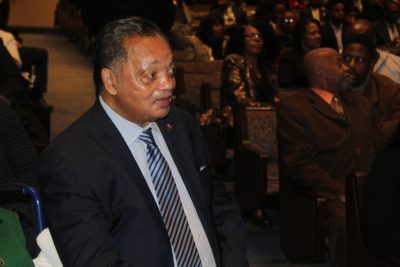
Upon taking the very informative guided tour at the Rosa Parks Library and Museum in Montgomery, Alabama, one can’t help but be struck by what a sacrifice it must have been for Black citizens to sustain a boycott of an essential means of transportation for 381 days. San Antonio Spurs coach Gregg Popovich recently recalled their courage, as well as the power of the LGBT community and the effect it is having on policy in North Carolina.
“I absolutely understand why they’re doing what they’re doing, and I respect their courage for what they’ve done,” Popovich responded to a group of reporters on media day asking about the recent protests by athletes. “The question is whether it will do any good or not, because it seems that change really seems to happen through political pressure — whether it was Dr. King getting large groups of people together boycotting buses, or what’s happening in Carolina with the NBA and other organizations pulling events.”
New York Daily News senior justice writer Shaun King agrees with Popovich that protests build awareness, but don’t build the political and economic pressure required to bring about change. King has decided to follow the footsteps of Martin Luther King Jr., whose ability to plan and lead a team were quite underrated compared to his revered oratorical skill. The modern-day activist is gearing up for a nationwide boycott to target systemic racial inequality and police brutality.
“We are launching our own Montgomery Bus Boycott to show every city, state, institution and corporation in this country that meaningful, reasonable, achievable reforms on police brutality and injustice are not our long-term dreams. They are our immediate emergency priority,” King announced on Friday, Sept. 30.
In addition to reporting on incidents of police brutality and the Black Lives Matter movement, King is writing a 25-part series on how to reduce police brutality, but the Injustice Boycott may be his most ambitious project yet. The boycott will target corporations, banks, and city and state governments either profiting from systemic oppression or that do too little to address it. Participants in the boycott will be provided alternatives and exceptions, along with detailed justifications for each target.
“It is going to take the same type of determination and organization that we saw with the Montgomery Bus Boycott over 60 years ago for us to succeed,” King wrote. “We’ve done it before. We can do it again. We will do it again.”
As of Friday afternoon, 81,191 had signed up to participate in King’s Injustice Boycott, which will launch on Dec. 5, marking the anniversary of the start of the landmark Montgomery Bus Boycott, which began in 1955. It ended just over a year later, on Dec. 20, 1956, when the Supreme Court ruled state and local laws segregating buses unconstitutional.
King will launch the next public phase of the strategic plan for the Injustice Boycott on Nov. 2.

